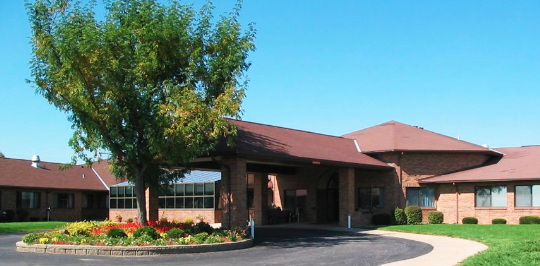The phone rings and your heart speeds up at the news: your mom has just been diagnosed with a chronic and painful disease. You know that there are many decisions to be made and that your mom and family will need information and support. This is more than just a medical condition. It will affect her quality of life and require the ongoing involvement of your family. Who do you ask for help? Where do you start? What options may you have?
One option may be to consult with her Primary Care Physician to ask about Palliative Care. Within the last 10 years, palliative care teams have become available in over ¾ of large hospitals to support those with chronic and life-threatening illnesses, such as cancer, dementia and Alzheimer’s, ALS, MS, as well as cardiac, respiratory, and kidney diseases. The World Health Organization defines palliative care as “an approach that improves the quality of life of patients and their families…through the prevention and relief of suffering by means of early identification”, curative treatment, and pain and symptom management. It can include active medical intervention, monitoring of the disease progression, and/or hospice care while providing psychosocial and spiritual support for the patient and family.
Oftentimes people wait too long to ask for comfort care. In fact, many people also wait too long to talk about Palliative care including hospice. Palliative care and the subcomponent, hospice, are not just for the last several days of life. Palliative care can be appropriate a year or two before one might die and hospice for 6 months prior. In fact, some people have lived on hospice for 5+ years.
What does Palliative Care look like? Palliative care teams coordinate services with your primary care doctor and other medical specialists. Teams generally include doctors who specialize in palliative care, nurses, and social workers. Additional support can be provided by dietitians, pharmacists, chaplains, and other therapists (physical, massage, respiratory, etc.). Care occurs in hospitals, clinics, nursing homes, and through hospice. Most insurance companies (including Medicare and Medicaid) will cover much of palliative care services. Be sure to confirm your insurance benefits with your insurance company, Medicare or Medicaid.
Individualized approach with YOU at the center. Palliative care supports quality of life, helps with medical decisions, and provides assistance for coping with your disease through personalized case management tailored to an individual’s and family’s needs. You will be given information and education about your disease and treatment options. You may be asked, “What makes a quality day for you? What would you like to be doing now but can’t because symptoms are interfering?” Symptom management can be for pain, shortness of breath, fatigue, anxiety and/or depression, and nausea and/or lack of appetite. And finally, palliative care can also include end-of-life planning and hospice services when curative treatment is no longer an option. Gather more general information online at getpalliativecare.org.
Help with Palliative Care Decision-Making. There are organizations that can assist you in an advisory role in the decision-making process of legal, financial, and lifestyle options that often accompany serious medical conditions that may require palliative care. It can be helpful to work with a third party for the guidance of important decisions for long-term planning. In finding such organizations, make sure they are certified in specified planning areas, such as Gerontology, and are well versed in ADA requirements and as well as Medicare and other insurance.
Palliative Care: Do You Know What It Is?
Peace of Mind
Love & Compassion
ARTICLES SUBJECTS
OUR FACILITIES
Lacon Rehab and Nursing
St. Joseph’s Home of Lacon is a skilled nursing facility located just north of Peoria, IL.
St Augustine Manor
St. Augustine Manor is a not-for-profit independent living community for seniors 55 years of age and older.
Snyder Village
Founded in 1988, Snyder Village's mission is to provide for the physical, emotional, and spiritual needs of persons requiring assistance…





